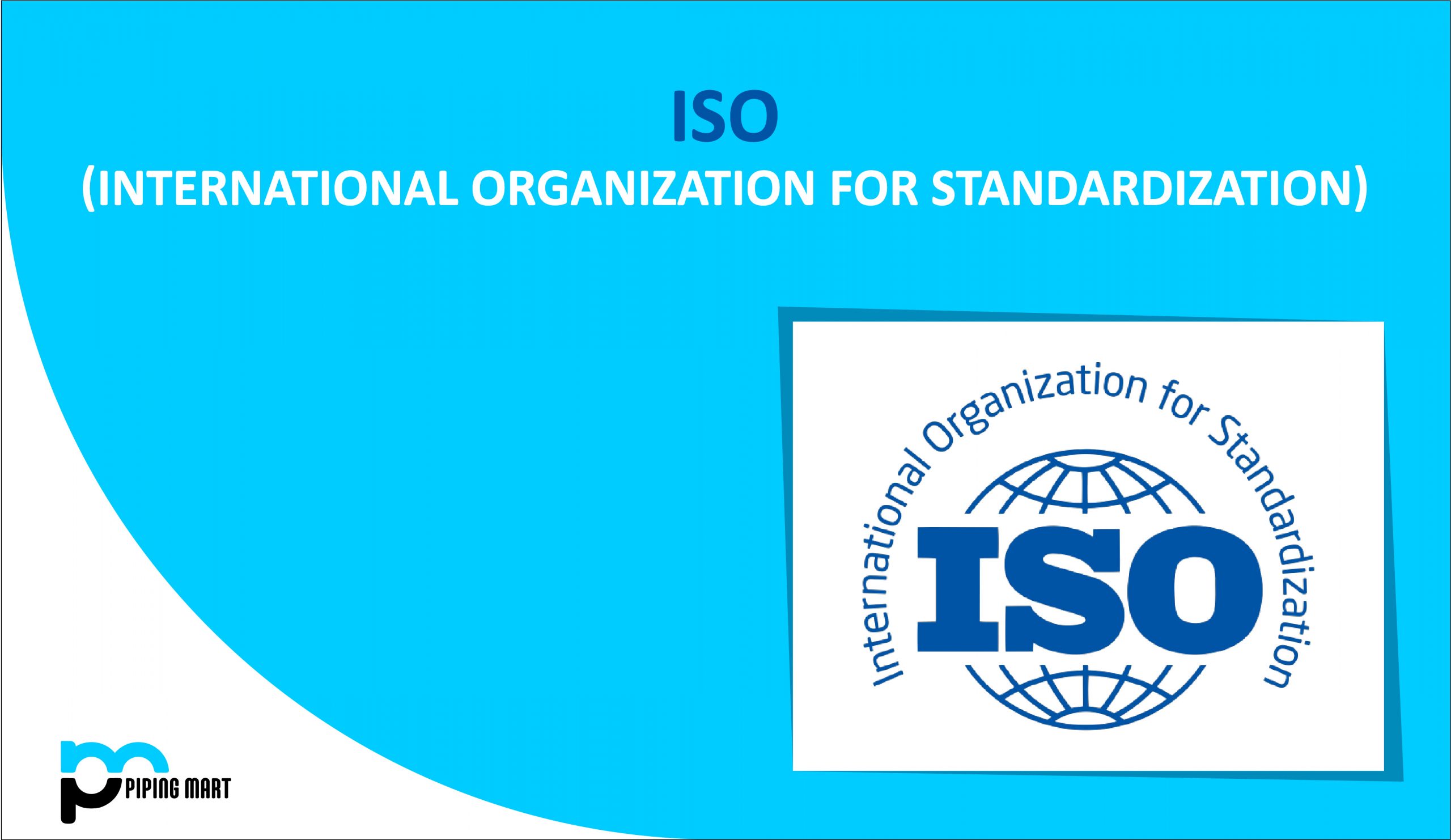The ISO (International Organization for Standardization) is a private, non-governmental organization that works internationally to create standards to guarantee the effectiveness, efficiency, and quality of goods, services, and systems. New standards are created and put into use by individuals at all levels of the global industry undergoing standardization as technology continues to advance quickly.
What does ‘ISO certified’ mean?
Being certified by the ISO implies that your company has undergone an audit by an impartial third party and has proven that it complies with the most recent quality process requirements established by the International Standards Organization. This certification confirms that your procedures are efficient and effective and adhere to global best practices (aka The Standard).
How does it benefit our organization?
It is crucial for your business to acquire ISO certification if you want it to compete on a worldwide scale since it shows that it adheres to strict quality standards and can be trusted.
Advantages of ISO accreditation:
- By determining the source of the persistent issue, time is saved.
- It contributes to system improvement and increases system effectiveness.
- guarantees client pleasure.
- is a warranty for the excellence of the good or services.
- It also increases the competitiveness of your business.
- maximizing the use of resources.
Why does it matter?
An ISO certification is a type of quality control that ensures that goods are maintained to industry standards. The International Organization for Standardization (ISO) certification is regarded as a stamp of approval from a third party entity that a corporation maintains the relevance of its products and services. Businesses adapt to new standards as they emerge in order to remain relevant. The most prevalent ISO standards are the following, even though there are many different types and they apply to many various elements of manufacturing and industry:
- ISO 9001 (for quality management systems)
- ISO 22000 (for food safety management systems)
- ISO 27000 (for informational security systems)
- ISO 14000 (for environmental management systems)
The standard to which a product is certified is categorized by the number that follows ISO. One of ISO’s most well-known standards is ISO 9001, particularly for management concepts.
Each ISO standard provides advantages of its own, such as
- Put your consumers first with the aid of ISO 9001.
- Your systems, data, and reputation are protected by ISO 27001,
- while ISO 14001 lessens your influence on the environment
- ISO 45001 aids in protecting your workforce
- Your firm is shielded from disruption by ISO 22301.
Being ISO 9001 certified is necessary to sell to several businesses; the automotive sector is a well-known example.
Importance of ISO 9001 certification
- Improve the company quality and its products
- Meets consumer expectations
- Achieve international recognition of the quality
- Getting additional revenue and profits from new customers
Thus, ISO standards have laid out the requirements for each order. We are aware of the requirements that must be fulfilled and have the resources necessary to guarantee reliability, accuracy, and security. The ISO has outlined what we perform, how we evaluate the quality of our work, and what is expected of us.
Keeping our goods and services up to date is made easier by ISO certification requirements. We adjust our behavior to meet new expectations. We provide our certification information to potential clients so they are aware they can count on the ISO criteria being satisfied.

Pipingmart is B2B portal specializes in industrial, metal and piping products. Also, share latest information and news related to products, materials and different types grades to help business dealing in this industry.




